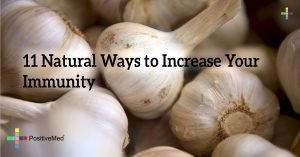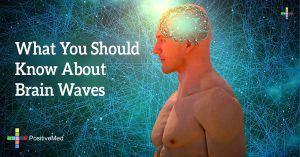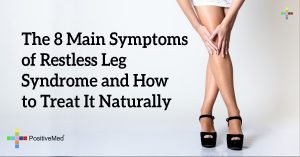
The realm of sleep is not merely a state of rest; it is a vital, intricate process that underpins our physical and mental well-being. Recent research has illuminated a profound connection between sleep, specifically deep sleep, and the onset of dementia. As dementia continues to affect millions globally, understanding the nuances of this relationship becomes imperative. This comprehensive exploration delves into the intricate interplay between sleep, aging, and dementia risk. From the impact of deep sleep on brain health to debunking common sleep myths, this guide sheds light on the critical role sleep plays in preventing neurological diseases. By unraveling these mysteries, we pave the way for a future where the power of restful sleep is harnessed to safeguard cognitive function and enhance overall quality of life.
1. The Deep Sleep-Dementia Nexus:
Recent studies have unearthed a compelling association between deep sleep, also known as slow-wave sleep, and the risk of developing dementia. A decrease in deep sleep, even as minimal as 1% per year for individuals over 60, is linked to a significant rise in dementia risk. This section explores the scientific intricacies of this link, shedding light on how disruptions in deep sleep can pave the way for neurological disorders.
2. The Impact of Deep Sleep on Brain Health:
Deep sleep serves as a critical cornerstone for brain health. During this phase, the brain engages in essential processes, including the removal of metabolic waste, memory consolidation, and the regeneration of cells. Exploring the intricate mechanisms of deep sleep, this segment emphasizes its role in fortifying the brain’s resilience against dementia and related conditions.
3. Sleep Myths Unraveled:
Sleep, a subject of fascination and myth, often harbors misconceptions. By debunking prevalent myths surrounding sleep, such as the notion of ‘training’ the body to require less sleep or the belief that daytime naps are universally harmful, this section provides clarity. Separating fact from fiction, it empowers readers to make informed decisions about their sleep habits, fostering a culture of sleep awareness.
4. Strategies for Enhancing Sleep Quality:
In the quest for restorative sleep, individuals can adopt evidence-based strategies. From stress-reducing techniques and optimizing sleep environments to the judicious use of technology, this segment offers practical tips for improving sleep quality. By embracing these strategies, individuals can nurture their sleep patterns, potentially reducing the risk of dementia and enhancing overall well-being.
5. The Future of Sleep Research and Dementia Prevention:
As the scientific community delves deeper into the realms of sleep and dementia, ongoing research promises innovative solutions. This section explores the cutting-edge advancements in sleep studies and their implications for dementia prevention. From personalized sleep interventions to emerging therapies, this segment provides a glimpse into the future landscape of sleep research and its potential to revolutionize dementia prevention strategies.
The relationship between sleep and dementia once shrouded in mystery, now stands as a beacon of hope and understanding. Armed with the knowledge of deep sleep’s pivotal role and equipped with practical strategies, individuals can embark on a journey to fortify their cognitive resilience. By prioritizing restful, rejuvenating sleep, we pave the way for a future where dementia’s impact is mitigated, and the full potential of the human mind is preserved. Together, let us embrace the transformative power of sleep, fostering a world where cognitive health knows no bounds.





